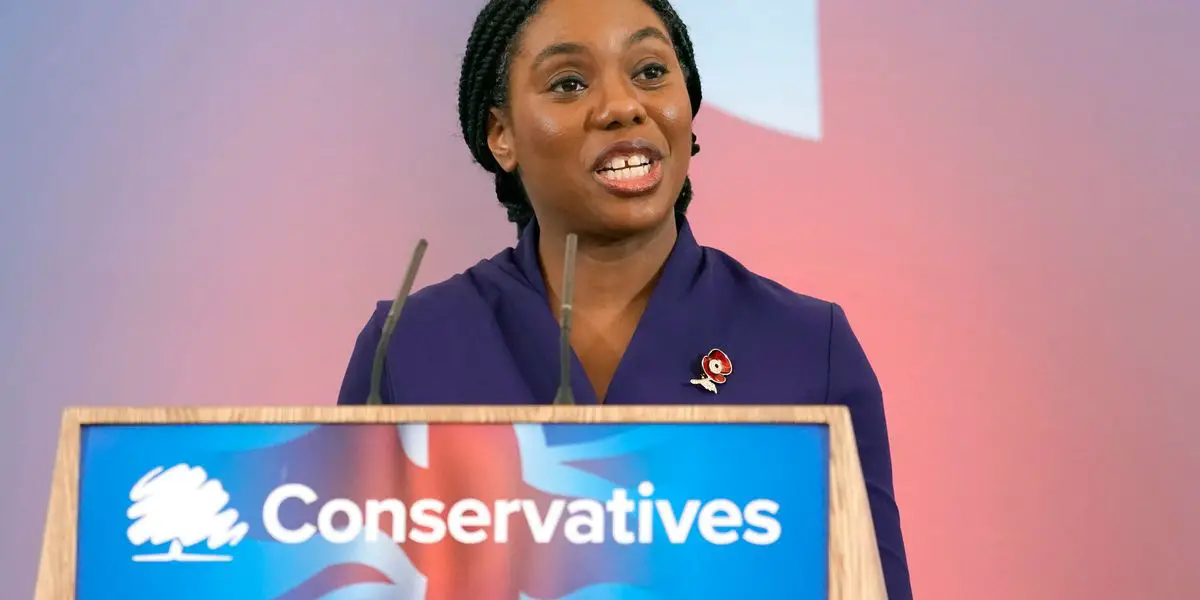Even by the low standards of his government, Rishi Sunak’s speech about the benefits system on Friday was disappointing. Worsening public health across the UK is widely recognised to be among the most serious challenges facing the country. For 2.8 million working-age people to be “economically inactive”, as they are, is not a good or sustainable situation. But there is no such thing as a “sicknote culture”. Statutory sick pay in the UK is low by international standards, and UK workers take fewer sick days than those in France, Germany or the US. The use of this soundbite was deeply misleading.
What the UK has is a large number of unwell people. Since the pandemic, the number of those claiming disability benefit has increased by 850,000, half of whom are suffering either from anxiety or depression. Rising poverty – much of it caused by benefit cuts and caps – and waiting lists for healthcare are two reasons for this decline in the population’s wellbeing. But changes to the benefits system have also contributed. Specifically, the removal in 2017 of a top-up payment that used to be offered to claimants with a limited capability for work was an error. It took away an incentive for people who were partly incapacitated to work towards getting a job.
Mr Sunak knows that public attitudes to benefit claimants have changed during his party’s 14 years in power. Research by the Joseph Rowntree Foundation last year showed that voters think politicians are out of touch with the degree of hardship that people are facing. But while the prime minister stressed his support for the principle of a social safety net, when announcing a consultation about cutting personal independence payments (which help disabled people with living costs), it was clear that his priority is reducing the £69bn disability benefits bill.
Thankfully, the approaching election means a scheme that would take the task of issuing fit notes away from GPs is unlikely to get very far. Rather than undermining people’s relationships with their doctors, ministers ought to see increased cooperation between job centres and primary care as a way to rebuild confidence and capacity, both in individuals and communities.
This is the concept that Labour is developing, drawing on devolution proposals put forward in the Commission on the UK’s Future led by Gordon Brown. Undoubtedly, joining up local services is challenging and would take time. But some problems could be more rapidly fixed. One example cited by Alison McGovern, the shadow work and pensions minister, is the overlong waiting list for access to work payments, which support disabled people with the adjustments that could enable them to work.
Another issue is the standard and culture of employment advice centres, which are almost unique among public services in not having any independent oversight. As the Institute for Employment Studies points out, such inspections play a role in promoting improvement, while their existence signals that a service matters. Rules should also be changed so that claimants with health impairments, whether mental or physical, can try to work without facing the prospect of having to reapply for their benefits if they turn out not to be able to cope.
The detail of the benefits system is highly technical, while the worsening health picture is complex and concerning. None of this makes for easy politics. But this is an area in which Labour, unlike the government, has some interesting ideas.








